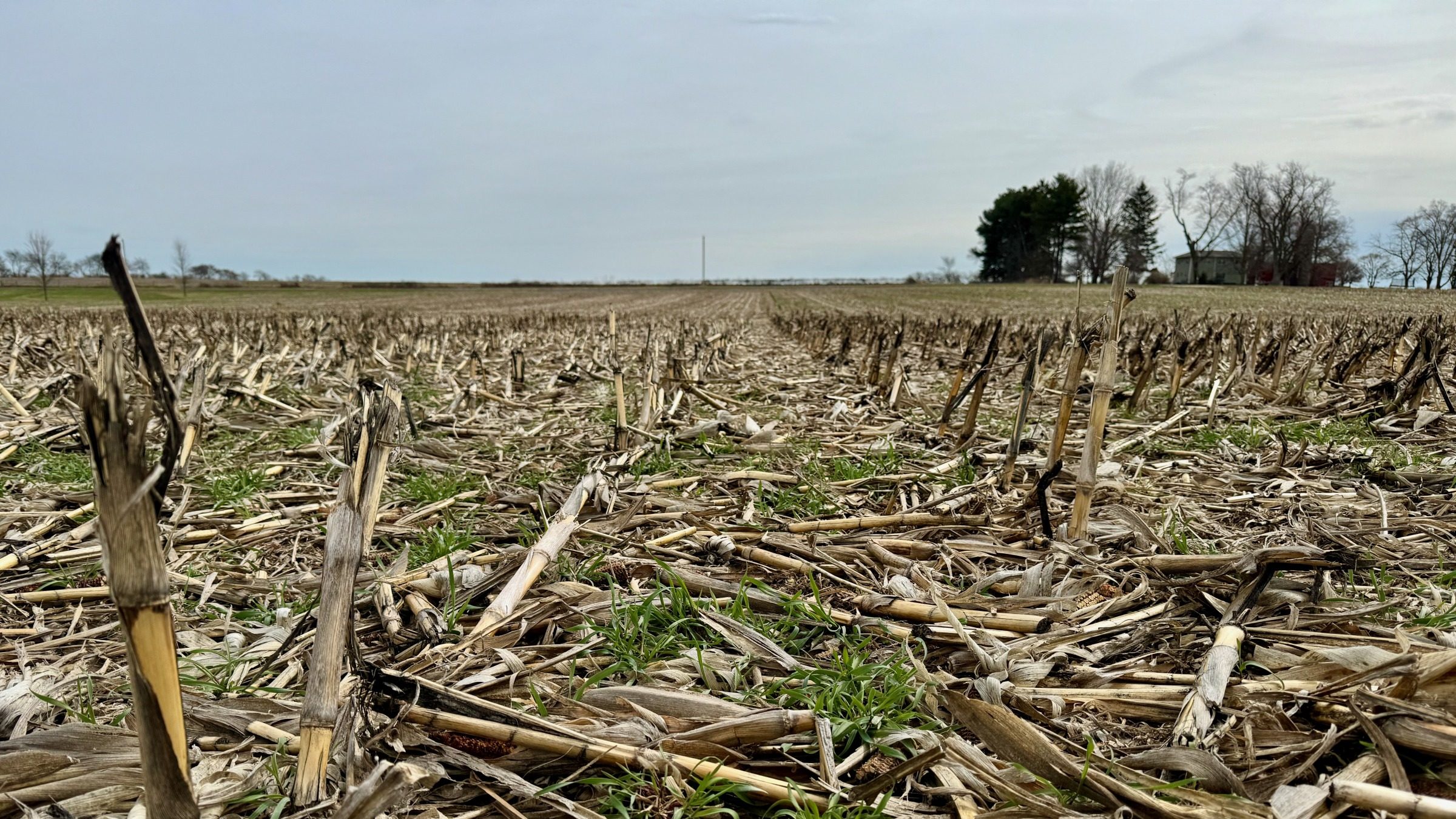Home » Developing a Science Assessment for Wisconsin’s Nutrient Reduction Strategy
Developing a Science Assessment for Wisconsin’s Nutrient Reduction Strategy

The Ag Water Quality Program and UW-Madison staff are working on a Science Assessment to accompany Wisconsin’s Nutrient Loss Reduction Strategy. This assessment will focus on quantifying the effectiveness of different agricultural best management practices in reducing nutrient losses from farm fields to Wisconsin’s waterways. Initially, the team’s efforts will focus on phosphorus losses to surface water and will ultimately expand to consider nitrogen losses to groundwater and surface water.
This new effort will build on lessons learned from recent science assessments that have been conducted by neighboring states, namely Iowa and Minnesota. Researchers in those states conducted comprehensive reviews of published scientific literature to evaluate the effectiveness of numerous in-field and edge-of-field management practices. Because limited data are available to evaluate most practices of interest, the Iowa synthesis included results of research studies conducted in several Midwestern states, including Wisconsin. The Minnesota synthesis cast an even larger net, also including research studies from elsewhere in North America and Europe. A key take-away from these assessments was that many conservation practices had highly variable effects on nutrient losses. Overall, the reported variability for some practices was so high that little conclusion could be drawn about their effectiveness in improving water quality.
Building on these results, the Wisconsin Science Assessment seeks to provide greater context for understanding why or why not a given management practice may be effective in decreasing nutrient losses from a given field. To do this, we will adopt a slightly different approach from our neighboring states. Previous science assessments were often restricted to using studies with an explicit treatment and control for each study year, and did not include any results from models. Adopting these criteria would exclude a wealth of valuable on-farm research studies conducted in Wisconsin, including results from the Wisconsin Discovery farms. It would also exclude the use of scientifically robust nutrient loss predictors, such as the phosphorus index, that have been rigorously calibrated and validated using Wisconsin farm datasets. Therefore, in the Wisconsin Science Assessment, we will consider how these data and tools can be used to provide a richer and nuanced consideration of where and how much different practices could contribute to improving water quality in our state.
Process and Timeline
An advisory committee of 14 UW-Madison faculty and staff with relevant expertise convened in Fall 2024 and will meet periodically over the coming year to guide the Science Assessment Process. A subset of this team will focus on the detailed work of compiling synthesizing relevant research studies and datasets, with oversight and input from the broader team. Our goal is to produce an initial report of our findings late in 2025.
Resources
Faculty and Staff
UW-Madison faculty and staff team members include:
- Steven Hall, Co-Faculty Advisor, Discovery Farms
- Amber Radatz, Program Manager, Ag Water Quality Program
- Ellen Albright, Researcher, Discovery Farms
- Francisco Arriaga, Soil and Water Conservation Management Extension Specialist and Associate Professor, Department of Soil Science
- Hava Blair, Researcher, Department of Soil Science
- Eric Booth, Associate Scientist, Departments of Agronomy, and Civil and Environmental Engineering
- Jeff Hadacheck, Assistant Professor, Department of Agricultural and Applied Economics
- Margaret Kalcic, Associate Professor, Department of Biological Systems Engineering
- Chris Kurcharik, Professor, Wisconsin Energy Institute, Departments of Atmospheric and Oceanic Sciences, Agroecology, and Freshwater and Marine Science
- Kevin Masarik, Groundwater Education Specialist, Extension and UW-Stevens Point
- Mallika Nocco, Agrohydrology Extension Specialist and Assistant Professor, Department of Biological Systems Engineering
- Natasha Rayne, Extension Specialist and Assistant Professor, Department of Soil Science
- Matt Ruark, Co-Faculty Advisor, Discovery Farms
- Laura Ward Good, Scientist, Department of Soil Science
References
Testing the Wisconsin Phosphorus Index with Year Round, Field Scale Runoff Monitoring




